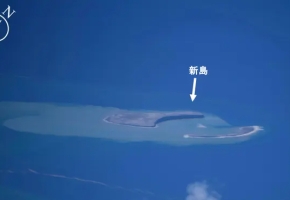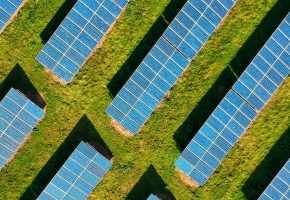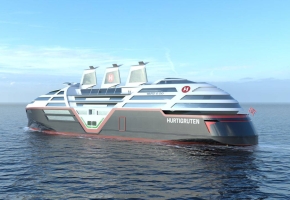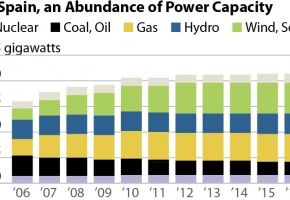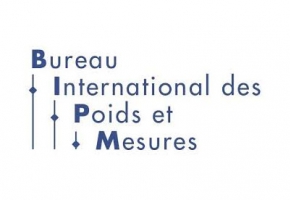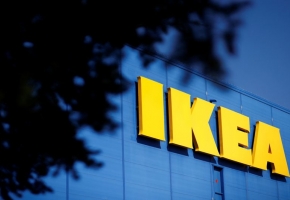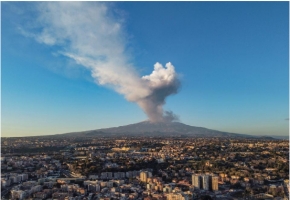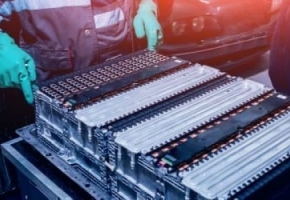EU aims to diversify gas imports with the help of EastMed

New natural gas discoveries in the Eastern Mediterranean might be a boon for the European Union’s efforts to move away from dependence on Russian energy supplies.
By the end of the year, the governments of Italy, Greece, Cyprus and Israel are expected to sign a multilateral agreement to build the EastMed pipeline, which promises to bring a natural gas to Europe.
The planned EastMed gas corridor is projected to cost $7 billion and is backed by the EU. It is designed to transport 10 billion cubic meters of gas per year from offshore reserves in Cyprus and Israel to Greece and, thanks to its connection with the planned Poseidon pipeline, onward to southern Italy.
Yet, critics say the project is too expensive and faces serious technical challenges. Some experts argue the Cyprus–Egypt pipeline puts the EastMed corridor at risk because the latter needs all Cypriot gas to be commercially feasible.
Furthermore, EastMed is opposed by Turkey, which has territorial disputes with the internationally-recognized Cypriot government in Nicosia, including competing claims to waters around the island.
For their part, the Egyptians note that Egypt could re-export the region’s natural gas to Europe now by using underutilized Egyptian gas liquefaction plants, more quickly and at a lower cost.
